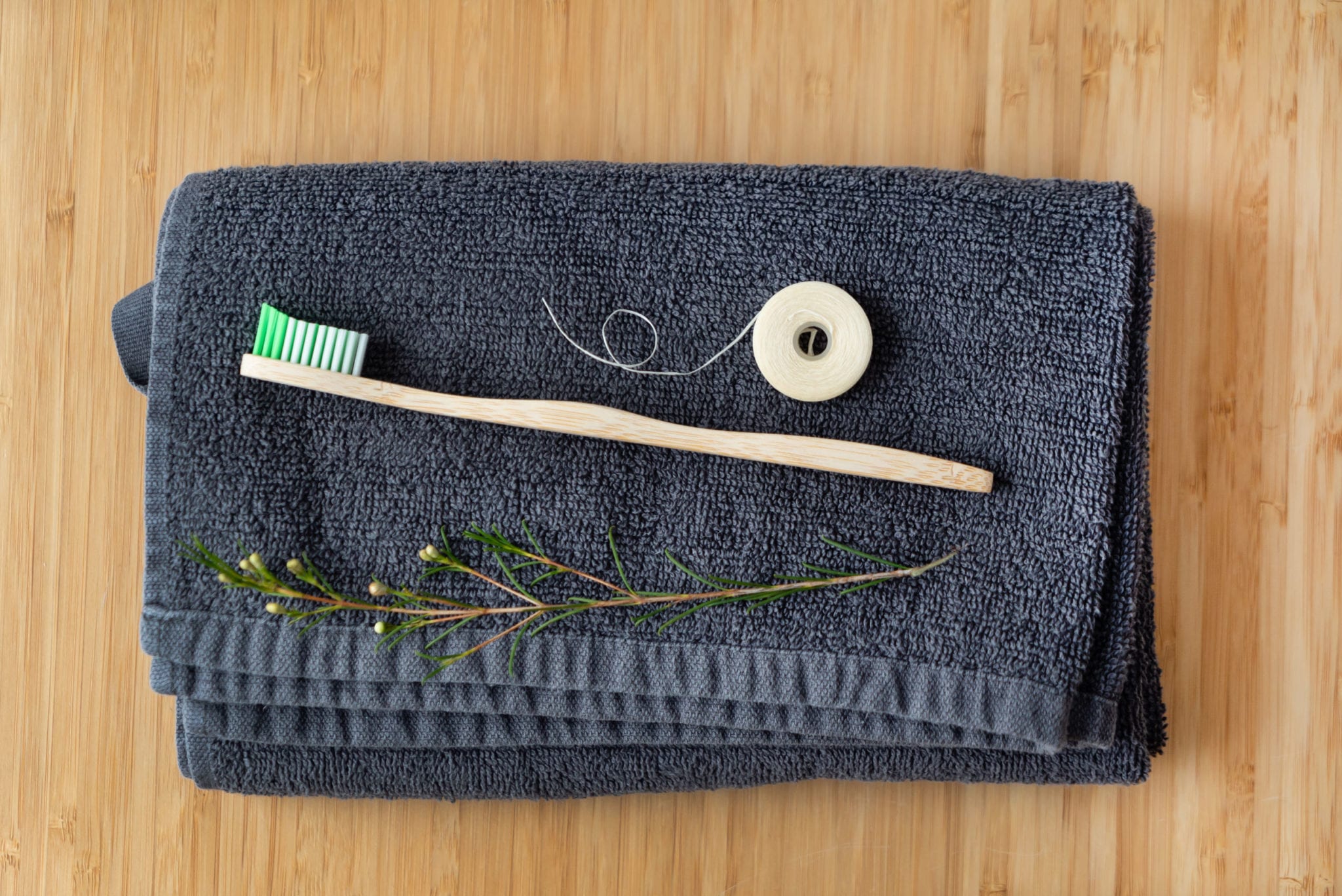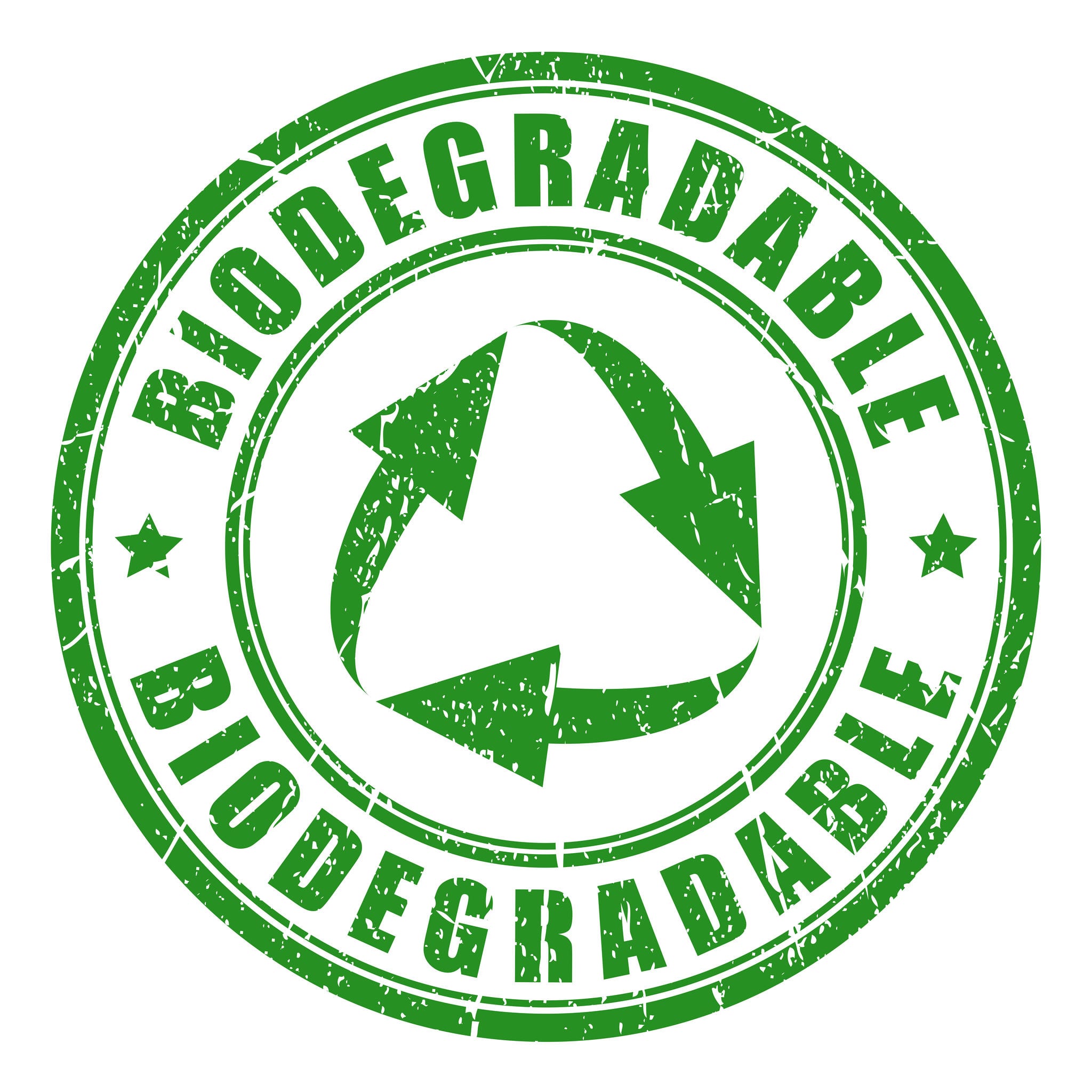
When our ancestors began to brush their teeth, they couldn’t run down to the corner market for a plastic toothbrush. In fact, the first toothbrushes ever weren’t in use until the 7th century and were made from bone, animal hair, and bamboo.
Before that, people used everything from chalk to salt and cloth to clean their teeth. Luckily, there are far more options available today to care for your pearly whites.
In addition to caring for their teeth, many people today are interested in caring for the planet, too. The good news is that it’s possible to do both by incorporating the use of a biodegradable toothbrush into your dental hygiene routine.
Here’s what you need to know about biodegradable toothbrushes – the good, the bad, and the eco-friendly.
What Are the Choices for a Biodegradable Toothbrush?
If you’re on the hunt for an eco-friendly toothbrush, then there are a few choices. The most popular include:
#1 Choice: Bamboo and Wood
Bamboo and wood toothbrushes are biodegradable and sustainable. Bamboo is by far the most popular choice. The only thing to take into consideration is that handles made from these materials can retain moisture which can impact the toothbrush’s integrity. But you’re only using it for three to four months, so it isn’t a major issue.
#2 Choice: Plant-Based Plastic
Plant-based plastics are as durable as a traditional plastic toothbrush and feel nearly identical to what most people currently use. They are technically biodegradable, but they must be sent to an industrial composter in order to ensure they don’t end up in a landfill.
#3 Choice: Recycled Plastic
A toothbrush made from recycled plastic is not technically biodegradable, but recycled plastic brushes do keep plastic out of landfills (at least longer than not using them to make the toothbrushes in the first place). They can also be re-recycled when you’re finished with them, so that’s a plus.
The Pros and Cons of Biodegradable Toothbrushes
Let’s assume you go with our #1 choice: the bamboo toothbrush. It is the most widely available biodegradable toothbrush, and we like the idea of utilizing a more sustainable material than even wood. The pros of bamboo toothbrushes include:
- Easy to use – You can use a bamboo toothbrush just as you would a plastic toothbrush because they can go with you anywhere you travel
- Great for oral hygiene – Bamboo is a grass with natural antimicrobial properties. That means they’re less susceptible to bacterial growth than a plastic brush.
- Good for gums – Most bamboo toothbrushes are made with medium bristles that help prevent irritation of the gums. Plus, the bristles are often curved upwards to help reach places in your mouth that can be difficult.
Of course, it’s not all healthy gums and sustainable materials when it comes to bamboo toothbrushes. There are still a few cons to consider if a biodegradable toothbrush is important to you. These cons include:
- Packaging – Sometimes bamboo toothbrushes are sold in plastic packages that aren’t biodegradable. Be sure to search for one that doesn’t.
- Cost – Bamboo toothbrushes still need to be replaced every three months or so. Since they’re more expensive than plastic brushes, that means you pay more for toothbrushes each year. Not what you might consider an exorbitant amount, however.
- Nylon bristles – The nylon bristles on some bamboo toothbrushes are not eco-friendly and cannot be recycled or composted. That means they’ll have to be removed before you can recycle or compost the toothbrush handle. Luckily, you can find toothbrushes with eco-friendly bristles

Concern for your oral hygiene and health now go hand in hand with the health of the planet. Explore more environmentally friendly toothbrush options to see what works best for you.
If you’ve found an option, and want a professional opinion before making the switch, give us a call — we’re happy to provide input!






